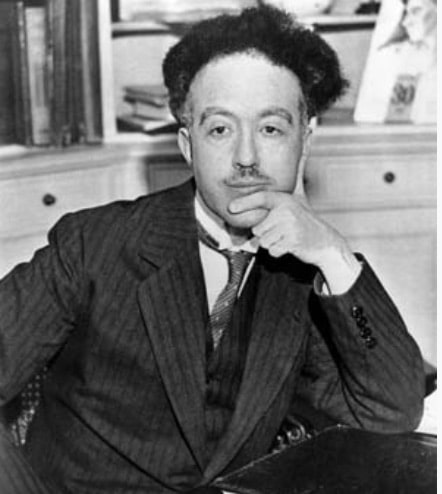
Louis-Victor-Pierre-Raymond, 7th Duc de Broglie, was born on August 15, 1892, in Dieppe, France. Born into a distinguished French aristocratic family Louis initially studied history, literature, and philosophy at the Sorbonne. However, his interest shifted towards physics, and he pursued a doctoral degree at the University of Paris, where he completed his thesis titled “Recherches sur la théorie des quanta” (Research on the Theory of Quanta) in 1924. This thesis marked a significant turning point in the understanding of the nature of matter and energy.
In his thesis, de Broglie introduced the concept of wave-particle duality, suggesting that particles, such as electrons, could exhibit both particle-like and wave-like behaviors. He proposed that just as light could exhibit both wave-like (as described by James Clerk Maxwell’s electromagnetic theory) and particle-like (as described by Albert Einstein’s theory of the photoelectric effect) properties, matter particles like electrons could also possess similar dual characteristics. This concept was supported by experiments conducted by Clinton Davisson and Lester Germer, who observed electron diffraction patterns, providing evidence for the wave nature of particles.
De Broglie’s groundbreaking idea led to the development of the de Broglie wavelength equation:

where λ is the wavelength associated with an electron, p denotes the modulus of its momentum and h is Planck’s constant. This equation laid the foundation for the formulation of quantum mechanics and contributed to the development of the Schrödinger equation, which describes the behavior of quantum particles.
For his contributions to the field of quantum mechanics, de Broglie was awarded the Nobel Prize in Physics in 1929, making him the first person to receive the Nobel Prize for work related to the wave-particle duality theory.
Throughout his career, Louis de Broglie continued to make significant contributions to physics and quantum theory, fundamentally transforming our understanding of the behavior of particles at the atomic and subatomic levels. He held academic positions at various institutions, including the University of Paris, and was a member of several prestigious scientific societies. In addition to his scientific achievements, de Broglie was also known for his philosophical views on the relationship between science and spirituality.
Louis never married. He died on March 19, 1987 in Louveciennes, France at 94 years of age.
